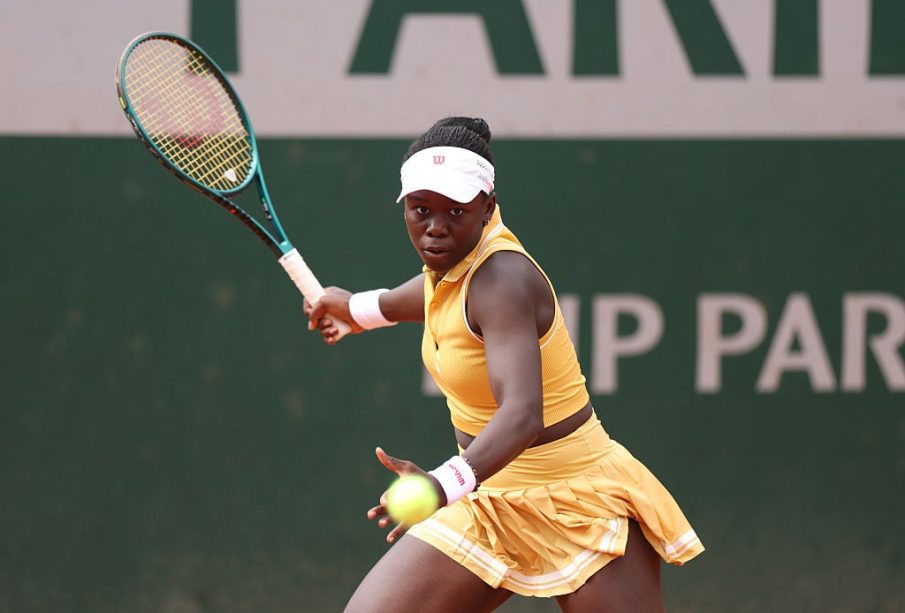Discovering Mboko: A Cultural Treasure in the Heart of Congo

Introduction to Mboko
Mboko, a small village nestled in the heart of the Republic of Congo, is gaining recognition for its vibrant culture and enduring traditions. Located within the Likouala Department, this rural community is not only vital to the local economy but also serves as a cultural gem for anthropologists and tourists alike. Understanding Mboko’s significance is essential for appreciating the rich tapestry of Congolese heritage.
Historical Context
Mboko has a storied past, with roots that trace back centuries. Its original inhabitants were primarily from the Ngala ethnic group, renowned for their deep connection to the riverine landscape. Historically, the village became a center of trade and culture, facilitating interactions between various tribes and introducing new customs. Today, it maintains many of these age-old traditions while adapting to modern influences.
Current Events and Developments
Recently, Mboko has been focusing on sustainable development initiatives aimed at enhancing local livelihoods without sacrificing cultural authenticity. Projects supported by local NGOs are promoting eco-tourism as a means to provide economic opportunities while preserving the environment. These initiatives include training residents in hospitality and developing cultural workshops for visitors that highlight traditional crafts, music, and dance.
In August 2023, Mboko hosted its first annual Cultural Festival, attracting visitors from across the country and beyond. The event showcased traditional performances, local cuisine, and artisan crafts, fostering a sense of community and drawing attention to the village’s unique cultural heritage. Such events are critical for raising awareness about the significance of preserving cultural identities amidst globalization.
Importance of Mboko’s Culture
The village of Mboko is a living repository of Congolese culture, with its customs, dialects, and arts ripe for exploration. The traditional practices observed in Mboko not only highlight the richness of the Congolese identity but also serve as a reminder of the need to protect these traditions for future generations. One of the most notable aspects of Mboko is its vibrant storytelling, where community members gather to share folklore that has been passed down orally through generations.
Conclusion: The Future of Mboko
As globalization encroaches on traditional practices, Mboko stands at a crossroads. The initiatives undertaken in recent years signal a positive trend towards community empowerment and cultural resilience. For readers intrigued by the intersection of culture and sustainable development, Mboko offers a compelling case study. Embracing both tradition and innovation, this village exemplifies the importance of cultural preservation while striving for economic development, making it an essential part of the Congolese narrative.









